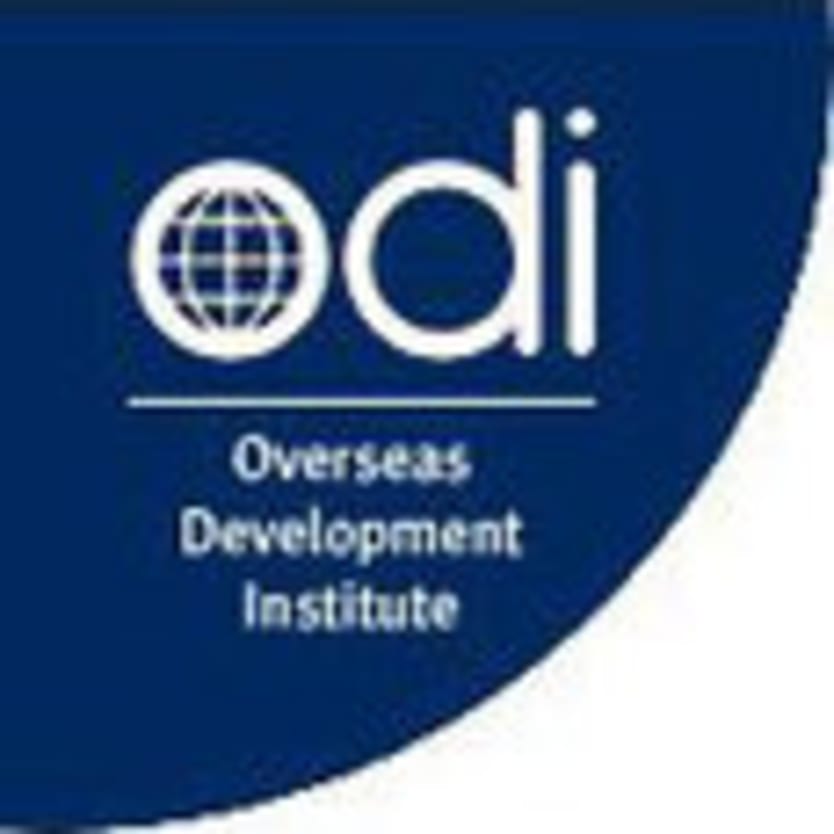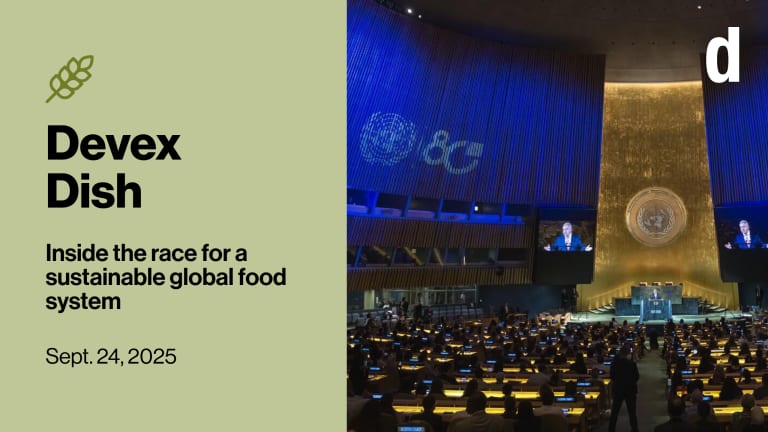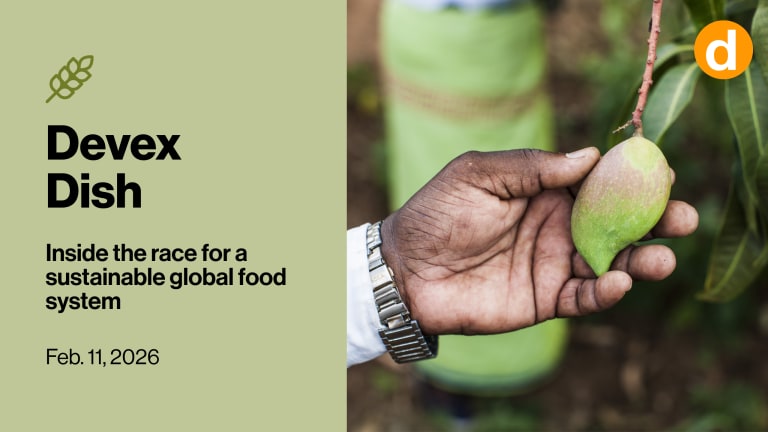Agriculture is back: Time for scorecards on donor measurement of aid commitments?

EDITOR’S NOTE: How can Gates’ donor scorecard system proposal affect the ways the international community tracks development assistance to agriculture? Overseas Development Institute research fellow Lídia Cabral explains in this article.
Bill Gates’ recent announcement of fresh funding to agriculture provides a good excuse to reflect on the changing anatomy of agricultural financing and on what it means for the global agenda on effective development assistance. In a new ODI Briefing Paper John Howell and I discuss the flaws in the system for identifying and classifying aid to agriculture and call for a purposeful (policy-relevant) measure that addresses global commitments on transparency, accountability and results-based aid.
Gates was guest speaker at the 35th session of IFAD’s Governing Council, held last week in Rome. The Foundation it co-chairs – the Bill and Melinda Gates Foundation – has pledged nearly $200 million in new grants for investing in smallholder agriculture in sub-Saharan Africa and South Asia. This raises its total contributions to agriculture since the start of the programme to above $2 billion. The Foundation is already a major source of funding for global agricultural research and is among the leading donors to agriculture development and food security programmes at country level, according to a recent study on aid to agriculture by the Global Donor Platform for Rural Development.
Besides Gates, there are other private voluntary organisations funding agriculture development initiatives in developing countries. According to data from the Foundation Centre, grants by US foundations to agriculture, food and nutrition have been growing steadily over the last decade and responded swiftly to the global food price crisis in 2007/08.
The rise of these new development actors, alongside governmental sources from emerging economies, calls into question conventional ways of tracking development assistance, such as the Creditor Reporting System, centered on aid provided by OECD member states and the largest international multilateral organisations and regional banks. Yet, the challenge is not only to count in these new players, but also, and crucially, to record assistance by donors, old and new, in ways that matter for tracking 21st century agriculture development policies and for linking such policies to results on the ground. Part of the difficulty in establishing results-based aid – as argued in the ODI Briefing Paper – is distinguishing between policy objectives of different natures that underlie aid to agriculture – such as supporting agriculture productivity, improving rural livelihoods and equity, and reducing risk and vulnerability.
In his speech, Gates emphasised the potential usefulness of a public scorecard systemfor tracking the effectiveness of development assistance regarding productivity and poverty-reduction goals. But matching aid flows with results requires greater clarity over the policy goals that aid flows refer to. Conventional measures of aid to agriculture, used for global monitoring purposes, fall short of providing such clarity.
Back in July 2009, at the G8 Summit held in earthquake-stricken L’Aquila, Italy, world leaders committed $22 billion over three years to support sustainable agriculture development and provide safety nets for vulnerable populations – an effort that became known as the L’Aquila Food Security Initiative (AFSI). As AFSI approaches its third anniversary, the question emerging is what concrete results has the initiative delivered on the ground?
In the absence of a clear framework connecting funding commitments, spending components and policy goals, this is not an easy question to answer. Building on Gates’ proposition, a donor scorecard system on the quality of aid measurement may create the incentives for such a framework to be put in place, so that global pledges to improve the plight of agriculture in poor countries can be subject to rigorous accountability checks.
Republished with permission from the Overseas Development Institute. View original article.
Search for articles
Most Read
- 1
- 2
- 3
- 4
- 5








